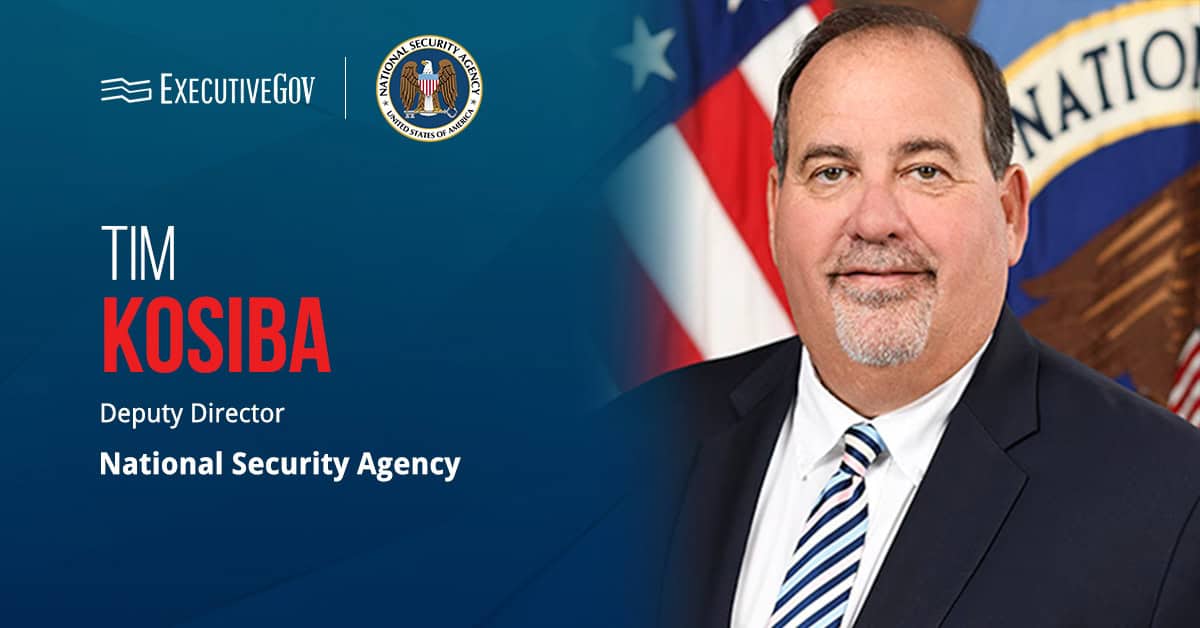
Learning Machine Technologies has secured $159K in funding from the Department of Homeland Security’s science and technology directorate through the Silicon Valley Innovation Program, to build a blockchain security product that will mitigate forgery of credentials.
The company will use a commercial offering based on the open-source Blockcerts blockchain standard to develop an approach that will allow decentralized identifiers and users to access and control their credentials, the agency said Tuesday.
DHS noted that S&T plans to implement distributed ledger and blockchain technologies to optimize interoperability and security features in the issuance of digital credentials.
“By adapting their existing platform to build support for emerging W3C global standards, Learning Machine will enable organizations to deploy solutions without vendor or platform lock-in concerns,†said Anil John, SVIP technical director at DHS S&T.





